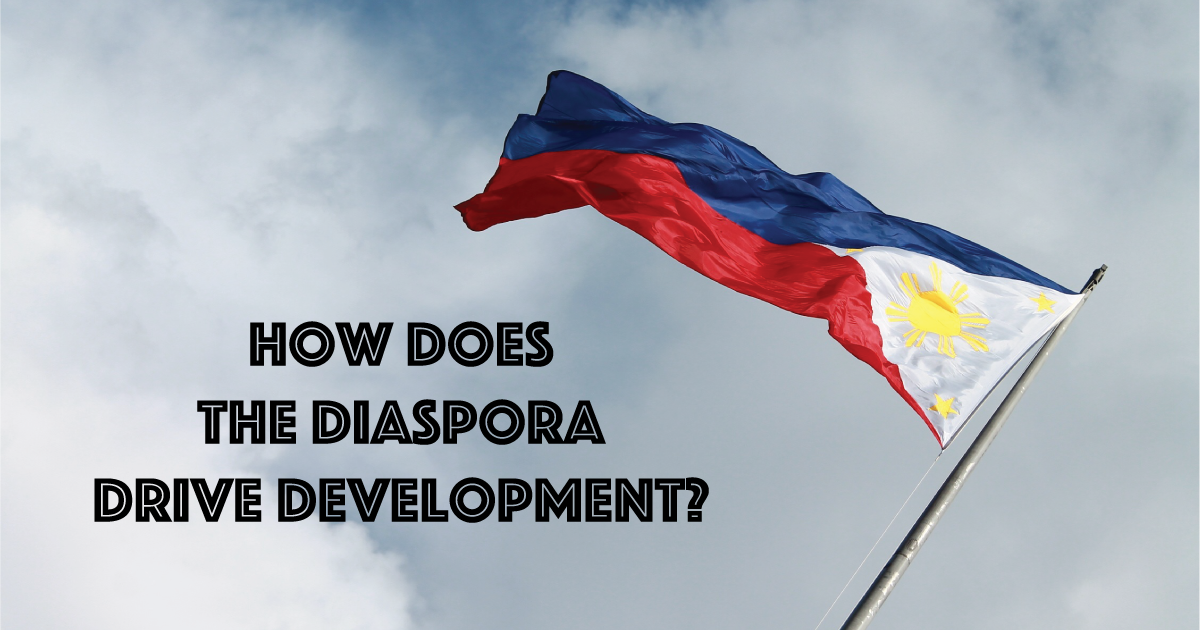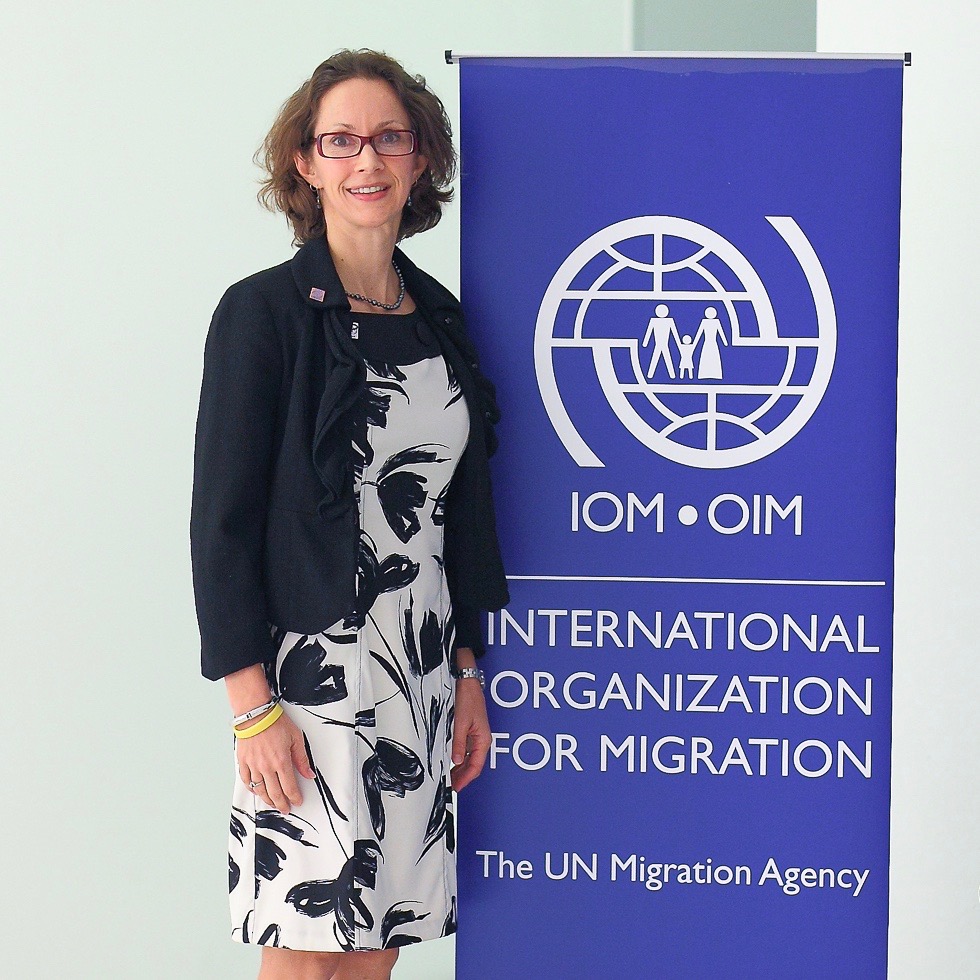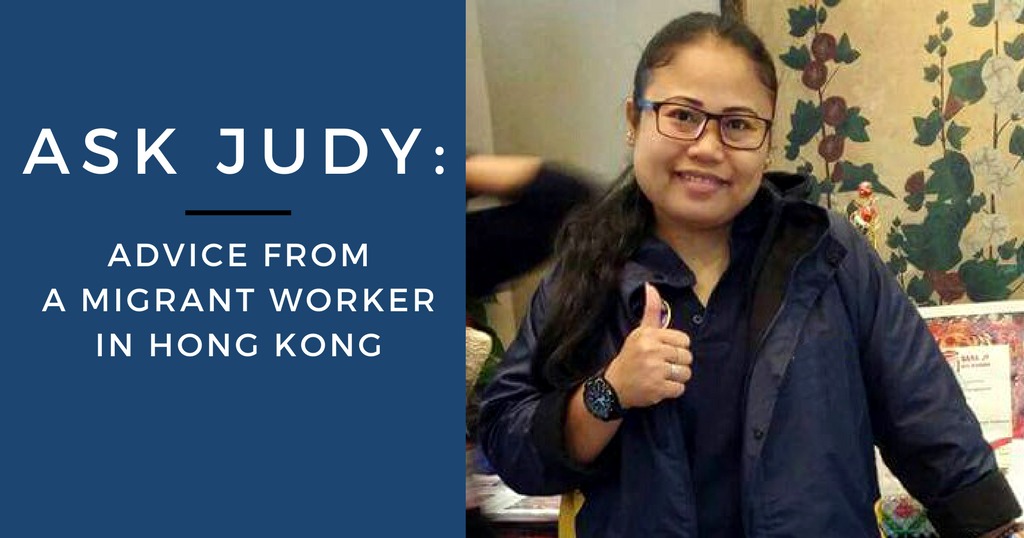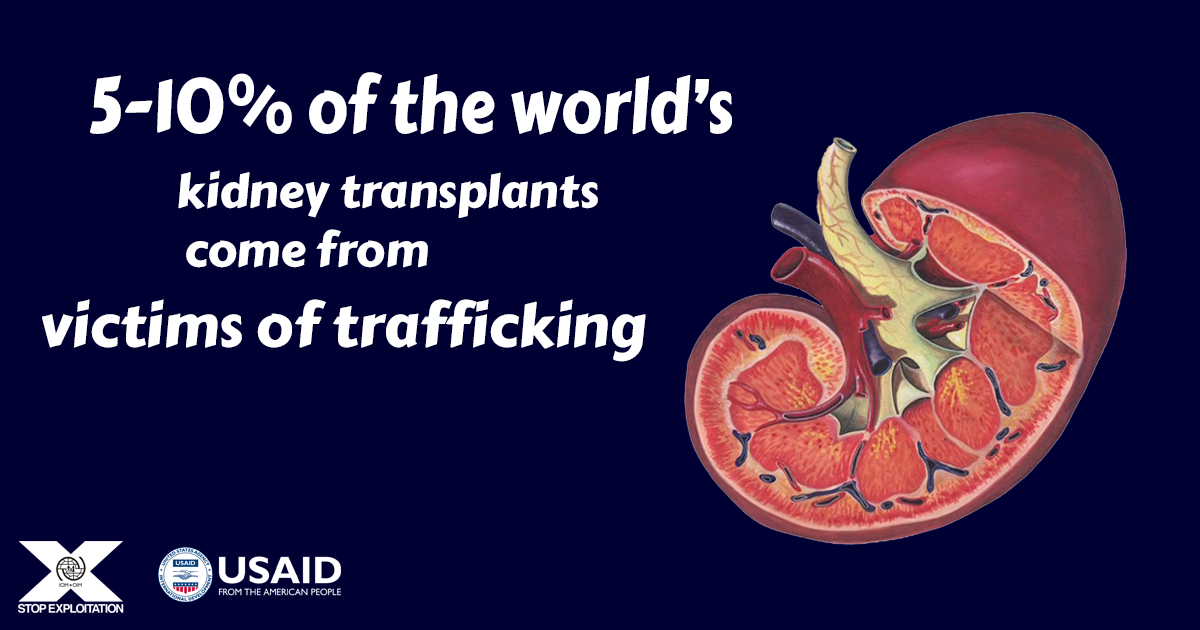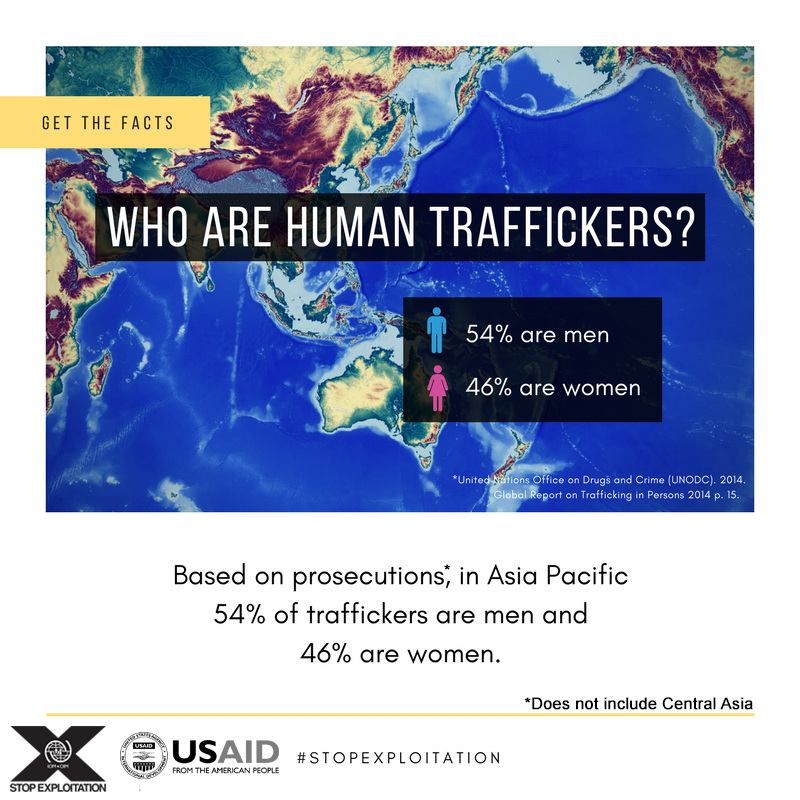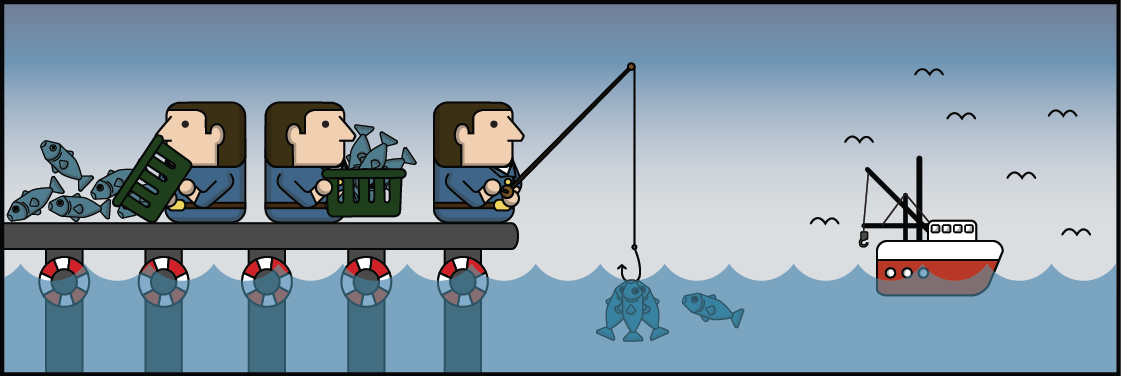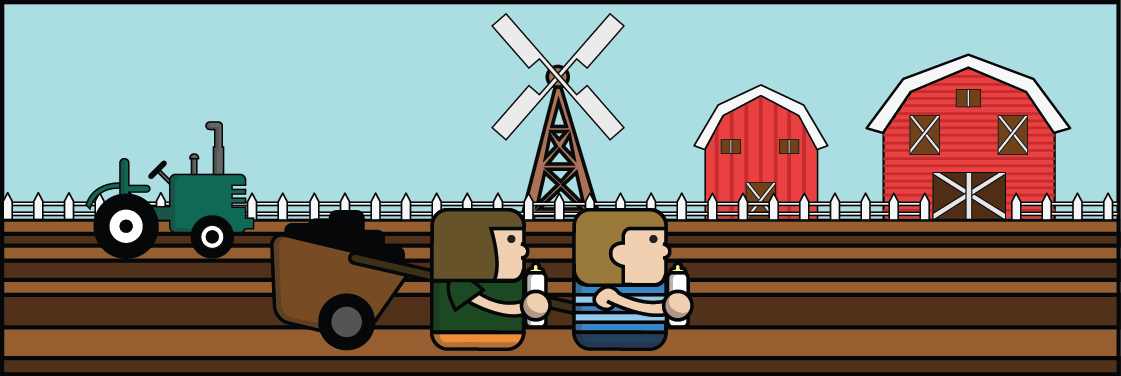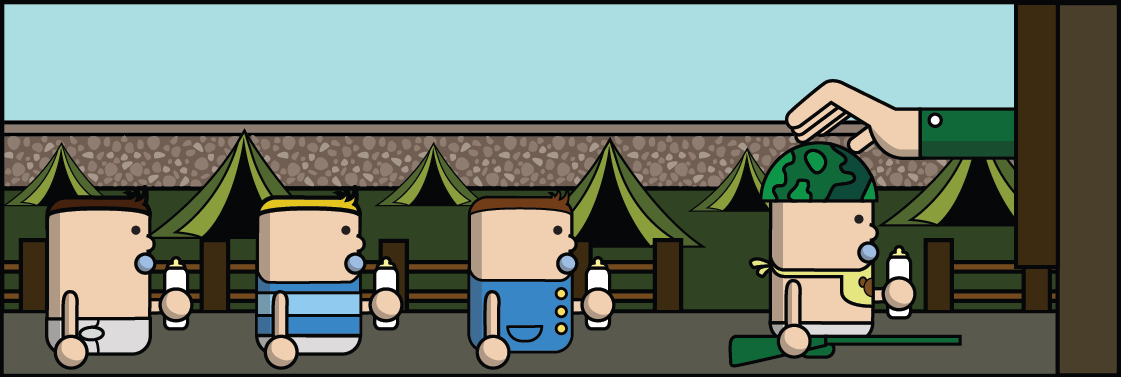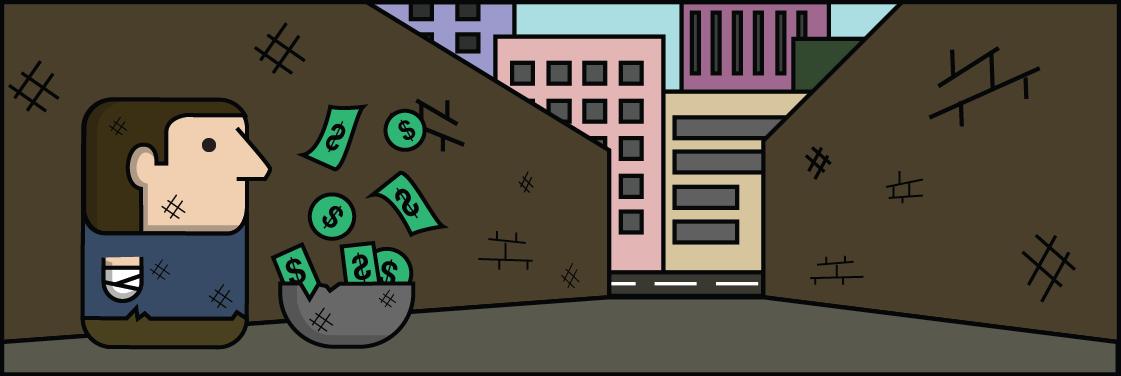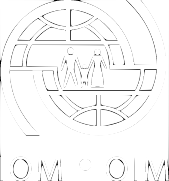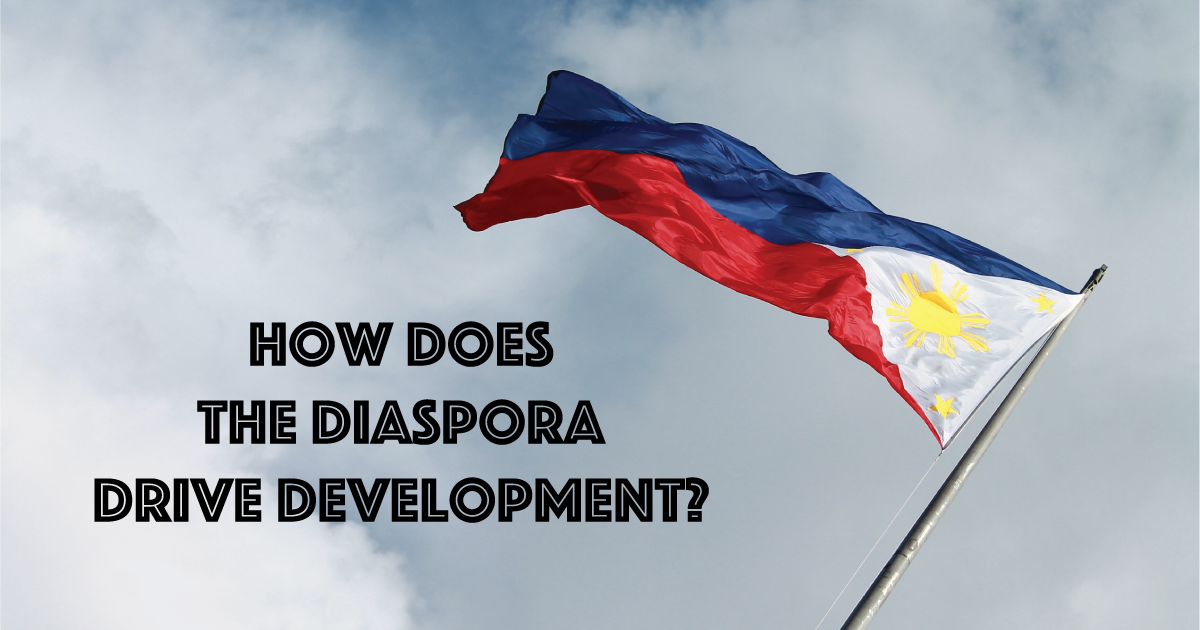
By Elisa Mosler Vidal
Arriving alone in a new country can be daunting, but sharing experiences with people who have gone through the same journey can be helpful and comforting. In looking to build communities of social support, dynamic diaspora groups have sprouted up across the world, helping migrants from Hong Kong to Santiago. United by the experience of migrating to and settling outside of one’s “homeland,” these communities often form support systems for migrants, helping new arrivals navigate the language and customs of the host country and providing them with friendship over the years.
Apart from helping fellow migrants, however, these diaspora communities also play a crucial role in the development of their home countries, as is the case with the Philippines.
One way they do this is through financial engagement. As members of the diaspora send money to their families back home through remittances, they help pay for household, education, and other important expenses. This is especially relevant in Asia Pacific, which as a region sends the highest amount of remittances in the world; over US$120 billion every year.
Additionally, diaspora members can finance longer-term growth in their home countries through investment, putting money into certain sectors or local businesses. In the Philippines, online “one-stop shops” encourage financial engagement of the diaspora by simplifying investment, philanthropy and entrepreneurship options. For example, the platform Peso Sense provides financial literacy training and user-friendly videos to help Filipinos manage their finances and remittances better and learn about investing and starting a business in the Philippines.
A second way diaspora communities support development is through the transfer of skills and knowledge. When an individual migrates, they take their specialized knowledge and skills with them – whether they are nurses, engineers or teachers. However, rather than being lost forever through what some call “brain drain”, these skills can actually be transferred back to people in one’s origin country. Popular ways to do this include programs where skilled diaspora members temporarily travel home to teach or train others in their area of expertise.
The Philippine government set up an online portal for diaspora engagement that facilitates this exchange, called BaLinkbayan (a play on the Filipino word balikbayan meaning return migrant). The site connects Filipino professionals abroad, for example those working in education or health sectors, and assists them in setting up mentoring, lecturing and other training opportunities back in the Philippines. It also runs the Balik Scientist Program, which helps Filipino scientists abroad visit the Philippines to share their expertise with local scientists.
These are just two channels through which diaspora members can strengthen development back home. Migrant workers can simultaneously support new migrants in destination countries, while helping drive development in their home country. Whether we are talking about a young Cambodian worker in Thailand hoping to become an entrepreneur back home, or a Vietnamese dentist in the U.S. returning home to teach a summer clinic, different diaspora members support their home countries in different ways. The diaspora illustrates how migration contributes to development in multifaceted ways, but also how the shared experience of migrating creates new, powerful social bonds.
